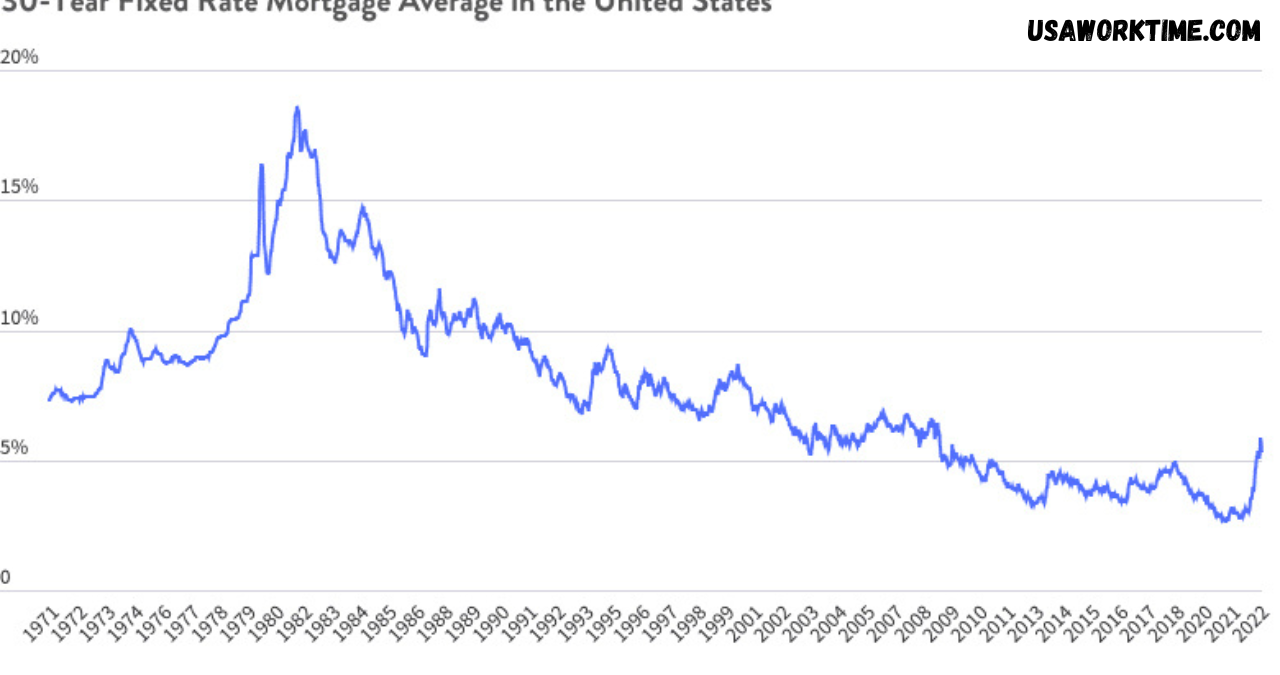As the world evolves and Qubetics advances at an unprecedented rate, new concepts emerge that challenge our understanding of the future. One such concept is Qubetics. Though it may sound like a futuristic term, Qubetics is poised to become a significant force in the realms of quantum computing, robotics, and artificial intelligence (AI). Understanding Qubetics is crucial for anyone involved in tech, whether you’re an enthusiast, a business owner, or a professional. In this article, we will delve into the meaning of Qubetics, explore how it works, discuss its applications, and consider its future impact.
What is Qubetics A Comprehensive Definition
At its core, Qubetics is an interdisciplinary concept that blends quantum mechanics, robotics, and AI to create more efficient, powerful, and intelligent technological systems. This term represents the convergence of quantum computing—where computing power is derived from quantum states—and automation and AI systems that operate within these quantum realms.
Quantum mechanics, the foundation of Qubetics, deals with particles and forces at incredibly small scales, where the usual rules of physics don’t apply. Unlike classical computing, which uses bits (1s and 0s) to represent data, quantum computing uses qubits. Qubits can represent multiple states simultaneously, allowing them to perform complex computations at much faster speeds than traditional systems.
Qubetics, therefore, is a broader framework that doesn’t just look at quantum computing in isolation but integrates it with AI and robotics to solve real-world problems in innovative ways. This fusion of quantum theory with practical applications like AI and robotics provides a glimpse into the future of computing—a future that can harness the powers of quantum states and machine learning to drive smarter, faster technological evolution.
The Science Behind Qubetics How It Works
To understand Qubetics, we need to first examine how it integrates quantum computing with robotics and artificial intelligence.
Quantum Computing Basics
Quantum computing is at the heart of Qubetics. In classical computing, information is processed using bits, which are binary units of data represented as either 0 or 1. Qubits, on the other hand, allow quantum computers to work with multiple possibilities simultaneously. Due to the principles of quantum superposition and entanglement, qubits can represent both 0 and 1 at the same time, making quantum computers exponentially faster than their classical counterparts. This quantum advantage is crucial when solving highly complex problems in fields like cryptography, simulations, and optimization.
The Role of Robotics
In Qubetics, robotics plays an essential role in applying quantum computing power to the physical world. Robots, driven by AI and machine learning algorithms, can use quantum computers to process massive amounts of data more efficiently. For example, in industrial automation, Qubetics enables robots to optimize tasks in real-time, making production processes faster and more precise. By integrating quantum computing with robotics, Qubetics takes automation to new levels, allowing systems to learn, adapt, and improve autonomously.
Integration of Machine Learning and Artificial Intelligence
Machine learning (ML) and artificial intelligence (AI) are indispensable parts of Qubetics. These technologies enable robots and other automated systems to not just perform tasks but to learn from experience, identify patterns, and make decisions without human intervention. In Qubetics, quantum computers can be used to train AI models faster and more efficiently, handling more complex datasets than traditional systems. This integration of quantum computing with AI enhances the potential of intelligent systems across various industries, from healthcare to finance, making them more adaptable and capable of handling complex decision-making processes.
Applications of Qubetics Across Industries
Qubetics isn’t just an abstract concept—it has the potential to revolutionize industries across the globe. Let’s take a closer look at some of the most exciting applications of Qubetics in various sectors.
Healthcare
In healthcare, Qubetics promises to transform how medical research is conducted, how diseases are diagnosed, and how treatments are developed. The ability of quantum computers to analyze complex datasets quickly and efficiently could speed up drug discovery processes, reducing the time it takes to bring life-saving treatments to market. Moreover, AI-powered robotic systems could assist in surgeries or provide real-time diagnostics, allowing doctors to make more accurate decisions. Personalized medicine, based on quantum-computing-powered models, could also lead to customized treatments for individual patients, increasing the chances of positive outcomes.
Finance
The financial sector stands to benefit significantly from Qubetics, particularly in areas like algorithmic trading, fraud detection, and risk management. Quantum computers can perform complex calculations much faster than classical computers, enabling real-time analysis of vast amounts of financial data. This speed and power can help financial institutions make better predictions and decisions. Additionally, AI-powered financial models can enhance fraud detection systems, identifying suspicious patterns that may have been overlooked by traditional systems.
Cybersecurity

In the realm of cybersecurity, Qubetics could provide both new challenges and solutions. While quantum computers could potentially break traditional encryption methods, they also offer the opportunity to create quantum encryption, which is far more secure than current systems. This would make communication systems virtually unbreakable. Robots and AI systems could continuously monitor networks for any breaches, making cybersecurity smarter and more proactive. The use of quantum computing to simulate potential vulnerabilities and threats could also allow cybersecurity experts to better anticipate attacks before they happen.
Manufacturing and Automation
Manufacturing is another industry that stands to be radically transformed by Qubetics. Quantum-powered AI can optimize supply chains, improve production processes, and automate labor-intensive tasks. Robotics, integrated with quantum computing, can perform complex assembly tasks more efficiently and accurately than human workers. Smart factories powered by Qubetics could operate in real-time, adjusting production schedules, quality control, and resource allocation based on live data.
The Future of Qubetics Challenges and Opportunities
While Qubetics promises immense potential, it also faces significant challenges that must be overcome.
Technological Challenges
One of the biggest hurdles for Qubetics is the complexity of scaling quantum systems. Quantum computers are currently highly sensitive to environmental conditions and are difficult to maintain. Moreover, the specialized knowledge required to build and operate quantum computers makes it a challenging field to enter. The integration of quantum computing with AI and robotics also requires overcoming significant technical difficulties in terms of synchronization and communication between different systems.
Ethical Considerations
As with any rapidly advancing technology, ethical issues surrounding Qubetics must be carefully considered. The power to process massive amounts of data in real-time raises concerns about privacy and security. Moreover, the automation of jobs through robotics could lead to job displacement, and the ethical implications of creating machines that learn and make decisions without human input are still largely unknown. It is crucial that policymakers and technologists address these ethical dilemmas as the field progresses.
Future Potential
Despite these challenges, the future of Qubetics is incredibly promising. As quantum technology matures and becomes more accessible, its potential to drive innovations in multiple sectors is vast. The fusion of quantum computing, AI, and robotics will not only increase the efficiency of industries but could also lead to entirely new sectors and job opportunities. The continued advancement of quantum machine learning could result in smarter, more efficient systems capable of solving previously unsolvable problems.
Conclusion
In conclusion, Qubetics represents a thrilling frontier in the world of technology. The integration of quantum computing with AI and robotics has the potential to revolutionize industries ranging from healthcare to finance, cybersecurity, and beyond. While significant challenges remain, the long-term potential of Qubetics is undeniable. As we look to the future, we can expect Qubetics to play an increasingly prominent role in shaping the way we live, work, and interact with technology.
You May Also Read: https://usaworktime.com/colcampus-login/











